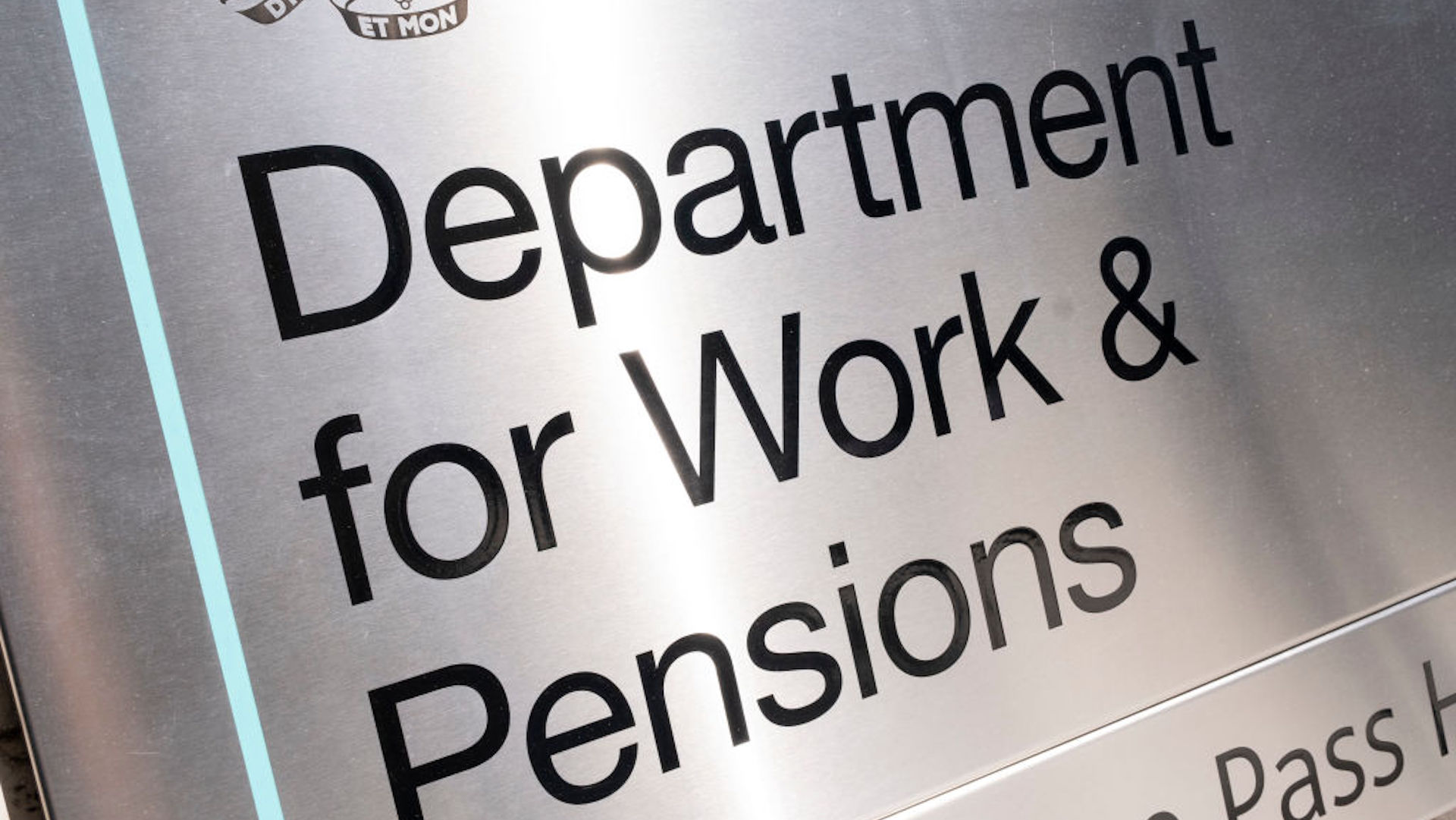The DWP rejects almost 90% of initial challenges over benefit decisions, but official statistics show 68% of claimants win their case when appealing the decision at tribunal, during which officials have more time to consider an individual’s case.
Another claimant, Aidan – an amputee with multiple mental and physical health conditions – worried about becoming homeless when his disability benefits were reduced. He told The Big Issue: “I was driven to severe psychological trauma to the point of being suicidal.”
The EHRC is currently in negotiations with the DWP to enter a “legally binding agreement to improve its treatment of disabled benefits claimants”, according to the report.
“This is in response to serious concerns about failures to meet the needs of its customers with mental health impairments and learning disabilities,” it said.
The report warned that the situation is becoming worse in the cost of living crisis, with disabled people at greater risk of being plunged into poverty.
It said there “continues to be a disproportionate number of disabled people living on a low income or in poverty”, as “disabled people experience long waiting periods for benefits eligibility decisions and are more likely to use resources such as food banks”.
Advertising helps fund Big Issue’s mission to end poverty
More than half (53%) of people receiving disability benefits across the UK are in the poorest fifth of the population, but many claimants experience five-month waiting times between applying for and receiving benefits, according to the report.
A record 430,000 disabled and seriously ill people are waiting for the government to review their disability benefit personal independence payment (PIP), new research from Citizens Advice revealed this week.
Some people have been waiting for the DWP to review their PIP for more than two years as it faces a backlog of disability benefits claims, with rising levels of ill health and the cost of living crisis contributing to the pressure.
Disabled people are disproportionately impacted by the cost of living crisis, with charity Scope estimating households with a disabled person face extra costs of £975 a month. In July, a report by Disability Rights UK found that three quarters of people referred to Trussell Trust food banks report that they or a member of their house is disabled.
The government is yet to respond to The Big Issue’s request for comment, but a spokesperson told The Guardian: “Significant work is already being taken forward including reforming the health and disability benefits system.”
Benefits have been increased by 10.1% and £2 billion has been invested in supporting sick and disabled people back into work – but experts have warned benefits are still lower than their pre-pandemic levels in real terms, and there are fears disabled people will be “punished” by the drive to get people into work.
Advertising helps fund Big Issue’s mission to end poverty
The spokesperson added: “We remain committed to making our society a more inclusive and accessible place for all disabled people.”
The EHRC acknowledged the government’s plans to “reform the health and disability system” in its Health and Disability White Paper, but warned it will not go far enough. It stressed the danger of a “continuing failure” of the government to make urgent reforms to the welfare system.
Kishwer Falkner, chairwoman of the EHRC, said: “Disabled people must be treated with dignity, respect and fairness.”
Responding to the report, Sarah White, head of policy at national disability charity Sense, said: “This damning report shines a light on the huge challenges disabled people across the UK face, from poverty to prejudicial attitudes.
Get the latest news and insight into how the Big Issue magazine is made by signing up for the Inside Big Issue newsletter
“One issue that comes through loud and clear is the lack of social care available to help disabled people to live their lives, with the report saying the situation is so bad that it amounts to ‘acute violations of disabled people’s human rights’.
Advertising helps fund Big Issue’s mission to end poverty
“Our recent research shows one in five (21%) people with complex disabilities who receive support from social care don’t have the right care and support to meet their needs.
“With this new report from the EHRC, our own research and the work of our colleagues at other disability charities, the evidence is stacking up. The government cannot ignore the facts; we need action now to improve the lives of disabled people.”
Do you have a story to tell or opinions to share about this? We want to hear from you. Get in touch and tell us more.





